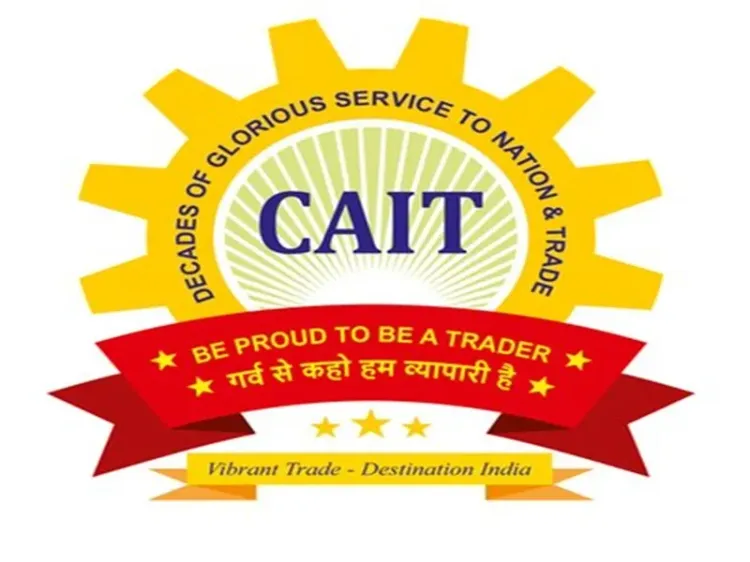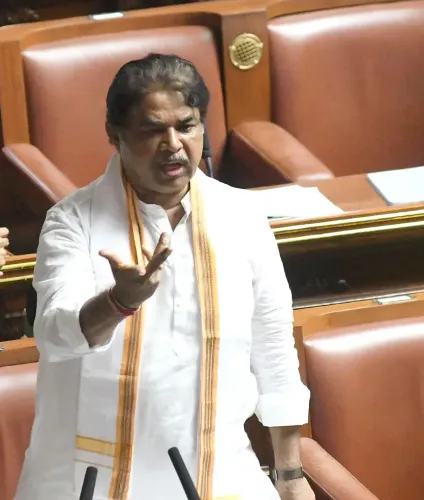Are E-commerce and Quick Commerce Firms Violating Norms?

Synopsis
Key Takeaways
- CAIT raises serious concerns over e-commerce regulations.
- Small traders are at risk due to unfair practices.
- Government intervention is crucial for enforcing compliance.
- Transparency in e-commerce operations is necessary.
- Support for local businesses is essential for a healthy economy.
New Delhi, Oct 26 (NationPress) The Confederation of All India Traders (CAIT) has addressed a letter to Union Minister of Commerce & Industry Piyush Goyal, alleging that there are "alarming and unchecked violations" being perpetrated by numerous e-commerce and quick commerce firms in India.
In the correspondence, Praveen Khandelwal, a Member of Parliament and CAIT Secretary General, voiced significant concerns that many of these entities are repeatedly breaching established legal and policy frameworks without facing consequences, thereby undermining fair trading practices and jeopardizing the interests of small and medium-sized traders.
He claimed that, despite the government's explicit FDI guidelines and the Consumer Protection (E-Commerce) Rules, 2020, several platforms continue to function as inventory-based models masquerading as marketplaces. They engage in predatory pricing and substantial discounting, while providing preferential treatment to select sellers—actions that are in direct contravention of the law, as stated in a CAIT announcement made on Sunday.
Khandelwal further pointed out that "These companies are also breaching local trade regulations, disregarding licensing and delivery safety protocols, and disrupting the traditional retail ecosystem. Such actions are not only opaque but also threaten the livelihoods of countless small traders and local shops that constitute the backbone of India’s retail sector."
Calling for prompt government action, Khandelwal requested the Ministry to develop specific regulatory guidelines for the e-commerce and quick commerce sectors under the Consumer Protection Act and FDI Policy, ensuring strict enforcement of existing laws with penalties for violations.
He also emphasized the need for the government to require full disclosure of algorithms, data usage policies, and seller relationships to enhance transparency, as well as to establish a dedicated monitoring authority for ongoing oversight of online trading activities.
“The lack of a robust regulatory framework has allowed these companies to act as if they are above the law. It is crucial for the government to take prompt action to restore accountability and safeguard legitimate trade,” Khandelwal asserted.
Reaffirming the traders’ commitment to Prime Minister Narendra Modi’s vision of a fair, transparent, and compliant digital economy, Khandelwal pledged full support from the trading community under CAIT in the government’s endeavors to ensure a level playing field for all participants in India’s retail landscape, as highlighted in the statement.









